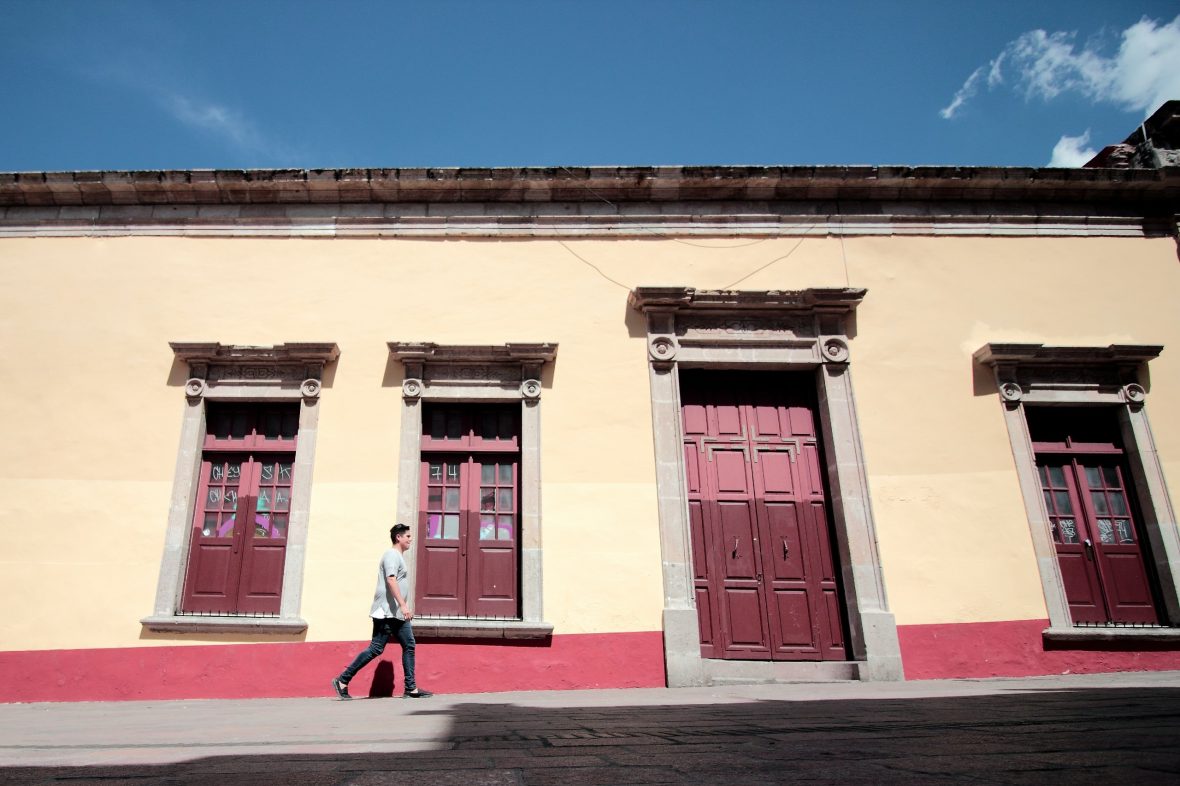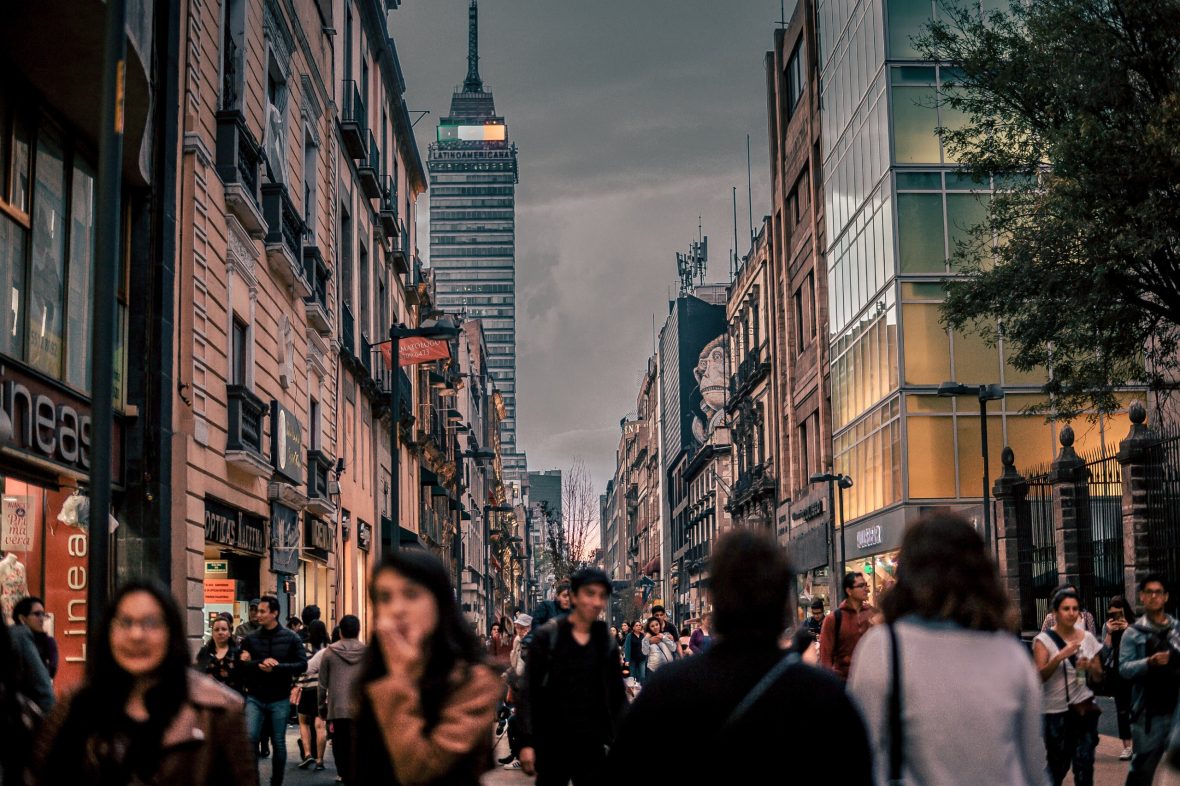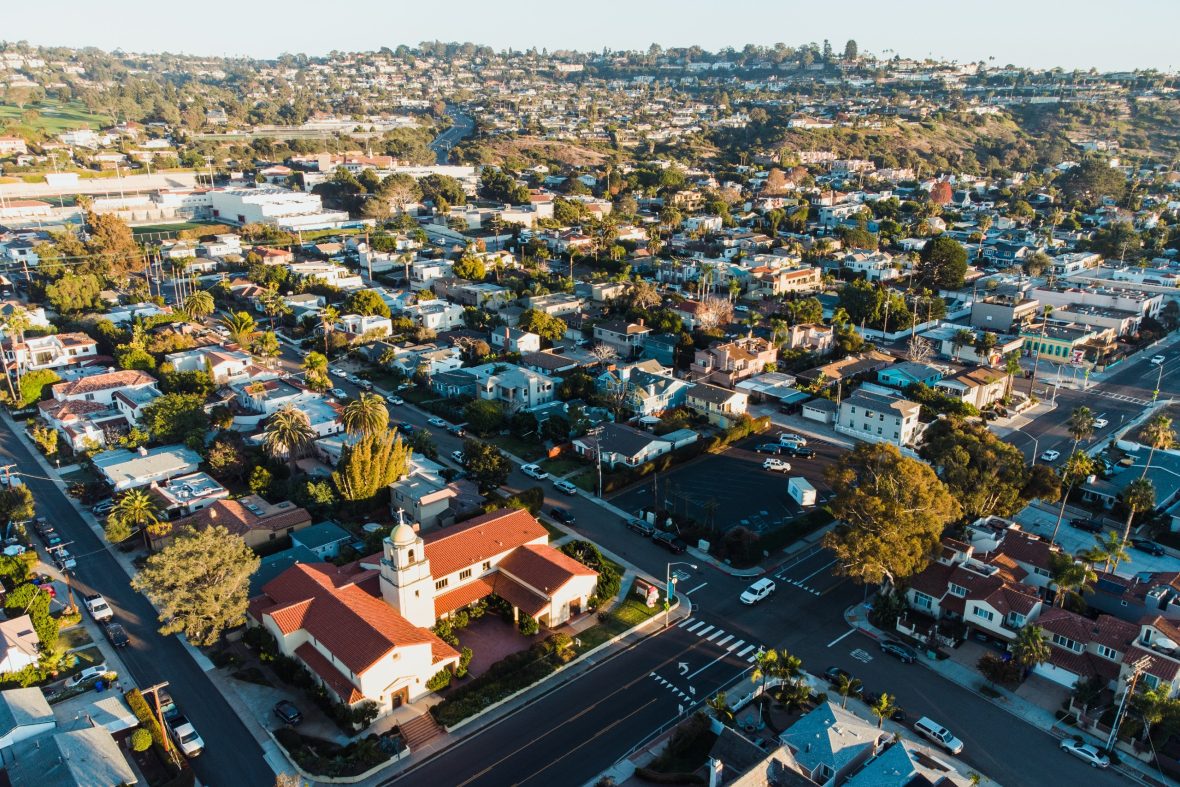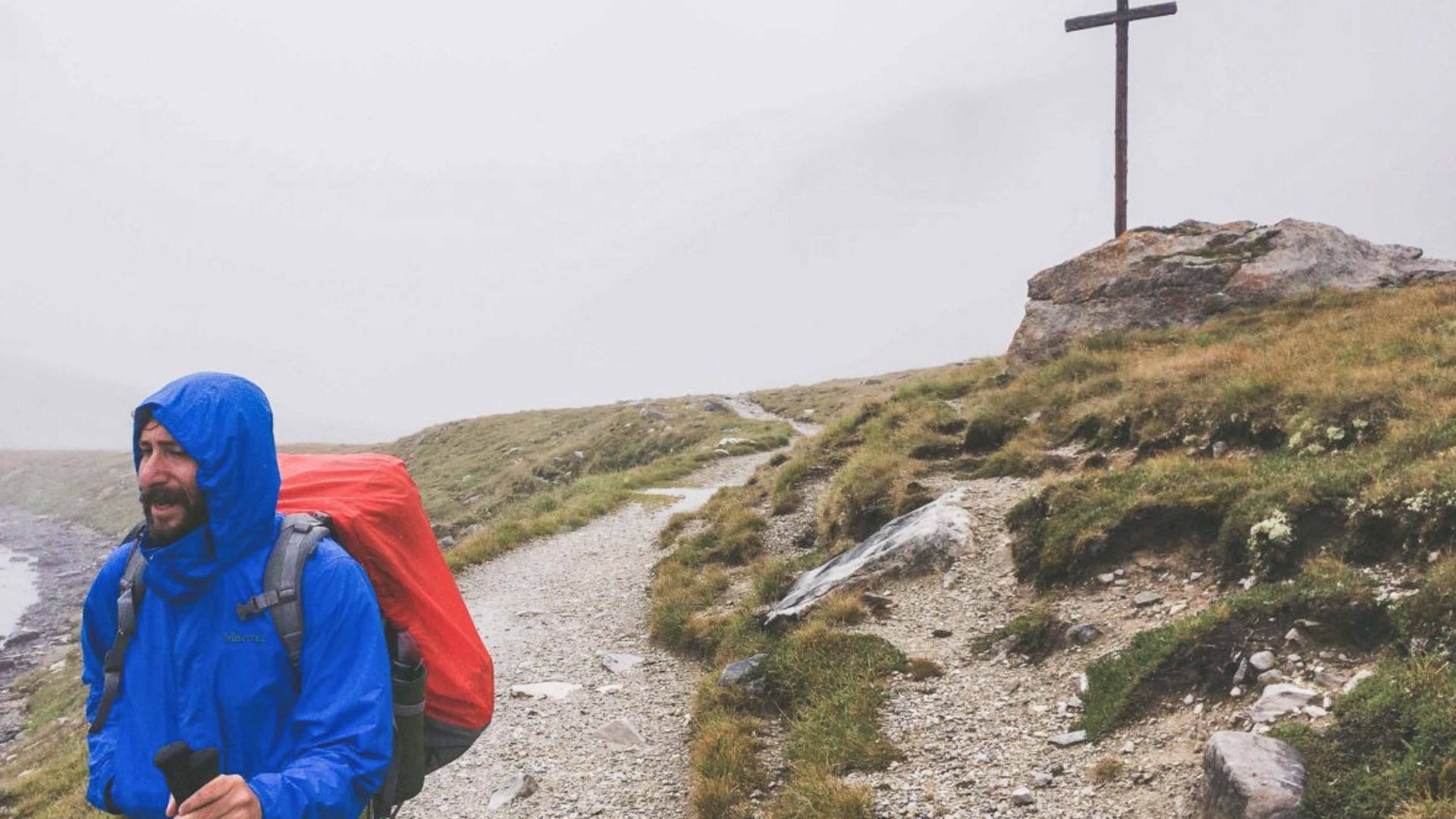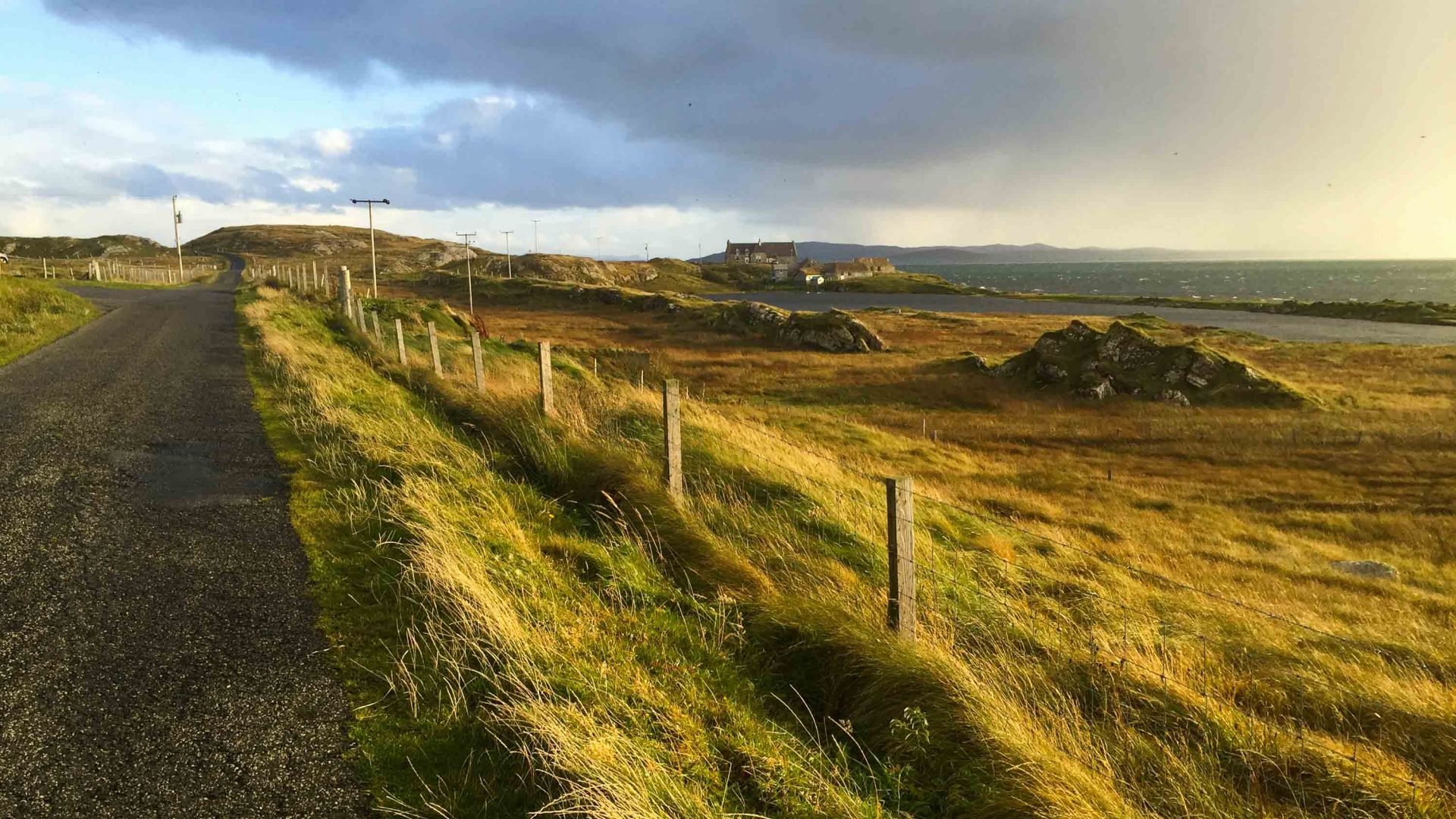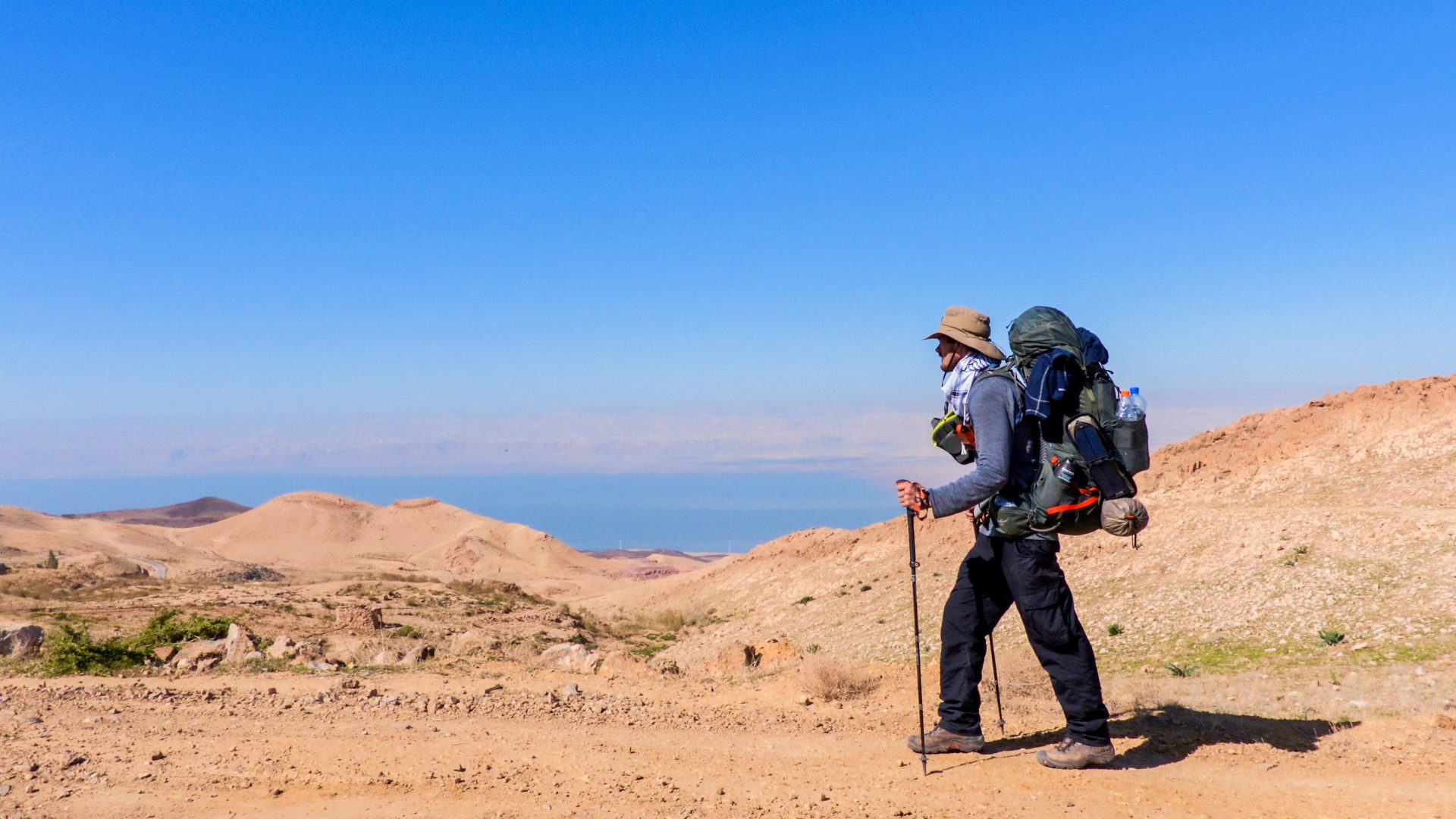Since the explosion of car use in the 1950s, people in Europe and North America have walked less and less. But, according to Swansea University research officer Aled Mark Singleton, walking is more than an activity: It ties you to where you are and unlocks your memories.
During lockdown in 2020, governments across the world encouraged people to take short walks in their neighborhoods. Even before COVID hit though, amid the renewal of city centers and environmental and public health concerns, walking was promoted in many places as a form of active travel, to replace car journeys.
This resurgence in urban walking has been a long time coming. Our first baby steps might still be celebrated. But since the explosion of car use in the 1950s, people in Europe and North America have walked less and less.
UK transport statistics show an annual increase of about 4.8 billion passenger motor vehicle miles (from car and taxi use) in the four decades to 1990. The last decade of the 20th century saw that growth slow. But until recently, our collective motor use just kept climbing.
The pandemic changed that. Passenger motor vehicle miles decreased by over 68 billion. And surveys suggest that 38 percent of the people who took up walking as a new pursuit aim to stick with it. My research shows walking is more than an activity: It both ties you to where you are and unlocks your memories.



